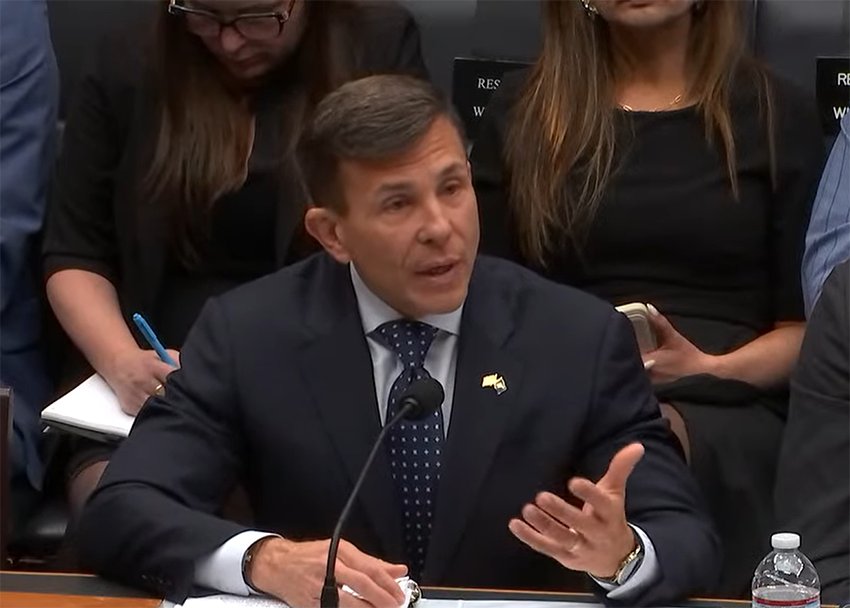On June 22, the Senate Commerce Committee approved BIO-supported legislation intended to increase transparency of the business practices of pharmacy benefit managers (PBMs), which can increase the amount independent pharmacies and consumers pay for medicine.
PBMs handle prescription medication coverage for insurance plans and payers. These companies receive rebates and discounts on medicine with the expectation that they will pass those savings on to patients.
However, PBMs frequently do not pass the savings on to patients, and instead restrict access through formulary exclusions.
The Pharmacy Benefit Manager Transparency Act of 2022
The bipartisan Pharmacy Benefit Manager Transparency Act of 2022 would make it illegal for PBMs to participate in “spread pricing”, which is defined as “charging health plans and payers more for a prescription medicine than what they reimburse to the pharmacy and pocketing the difference.”
“Three PBMs control 80% of the prescription drug market. PBMs pocket unknown sums of money that would otherwise be passed along as savings to consumers,” said Committee Chair Maria Cantwell (D-WA), a co-sponsor of the legislation.
The Committee adopted the proposal by a vote of 19 to 9 and included two amendments: one mandating a Government Accountability Office (GAO) report examining PBM operations and perhaps recommending more legislation, and the other outlining which officials can file civil lawsuits against PBMs.
“Simply put, current PBM practices are an impediment to competition, innovation, and patient access,” said BIO in a letter in support of the bill.
Recently, the Federal Trade Commission (FTC) requested feedback on PBM business practices. The FTC and Congress are under growing pressure to take action against PBMs.
During the committee hearing, Ranking Member Roger Wicker (R-MS) said “long-term solutions” to drug prices should come from the Senate HELP Committee and the FTC “should not be a catch-all.”




